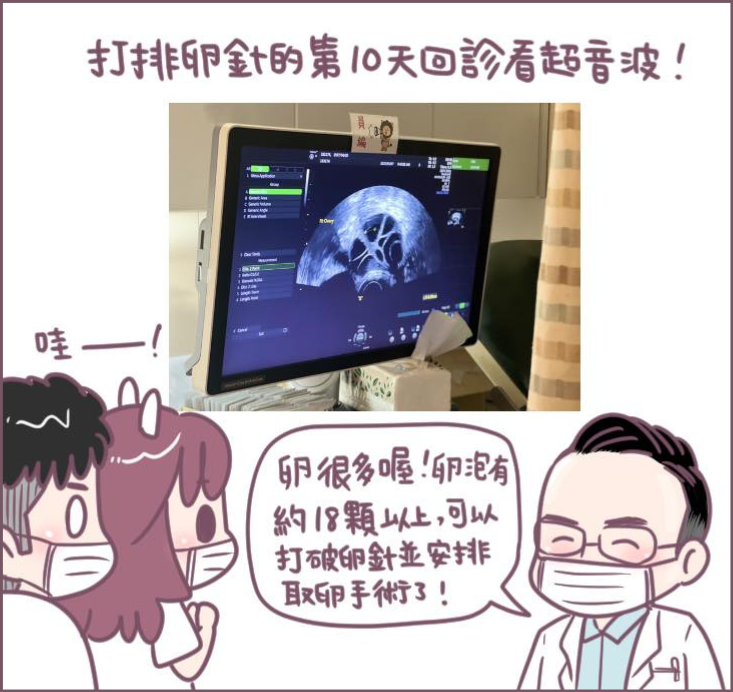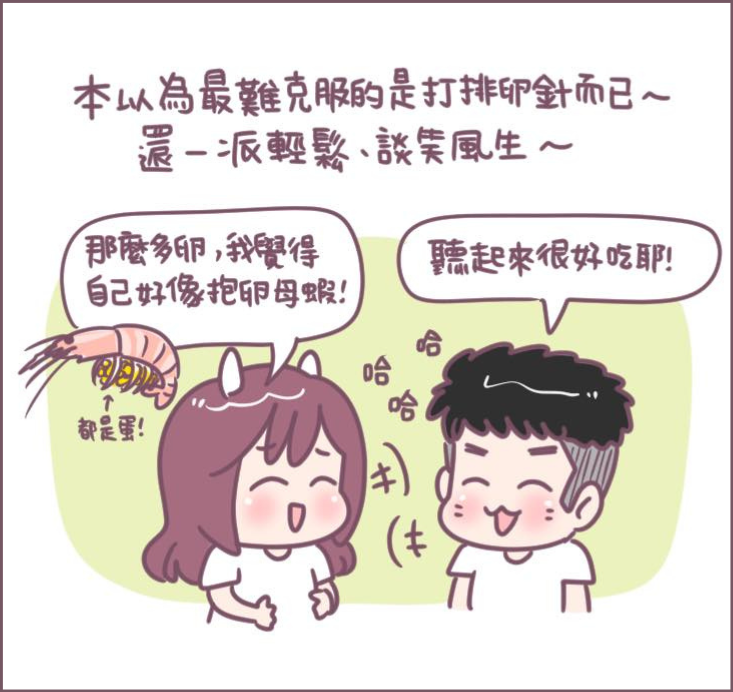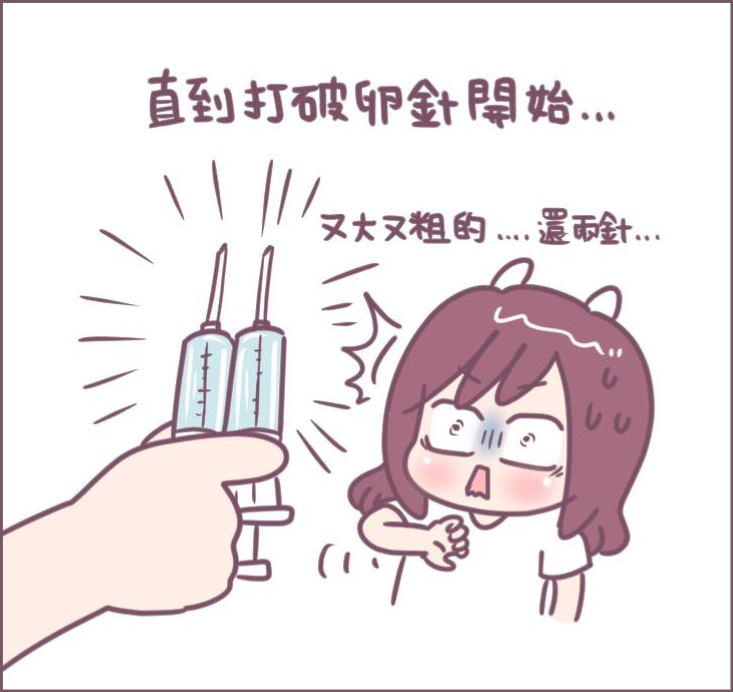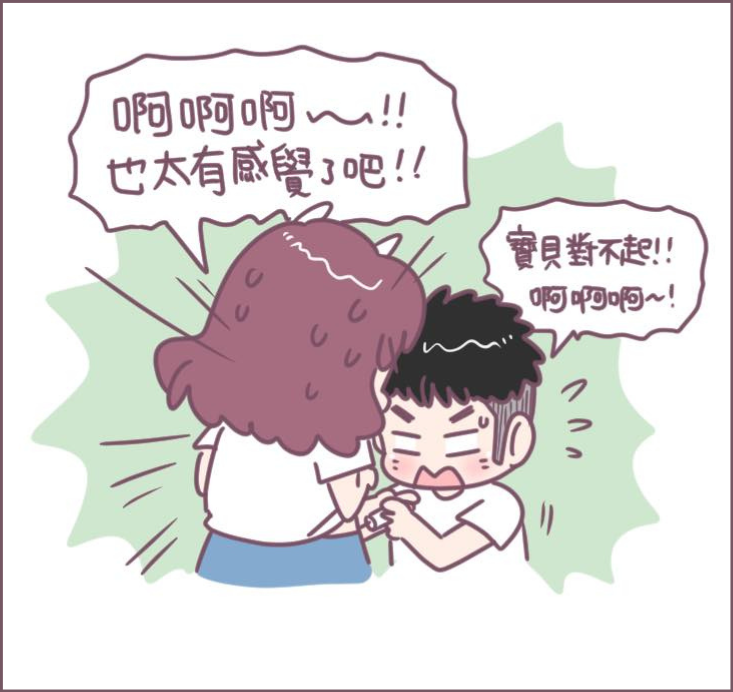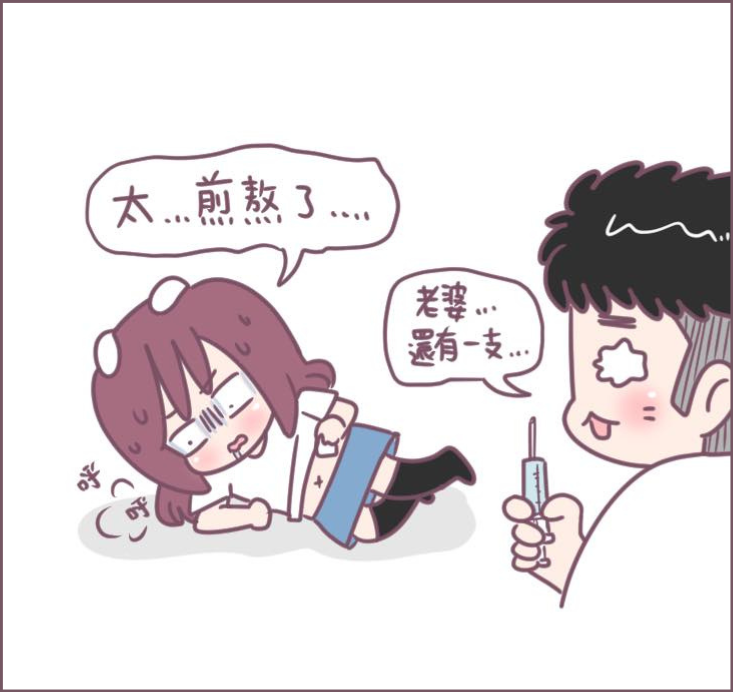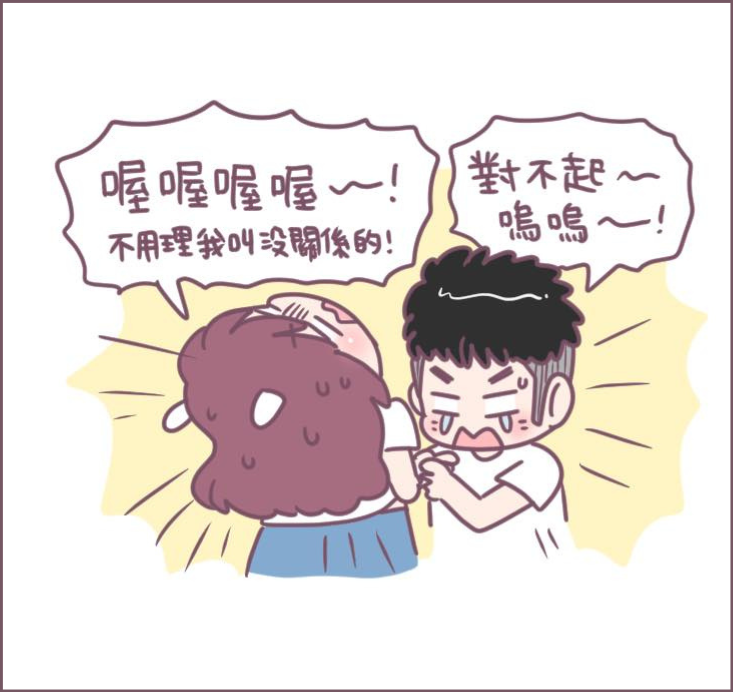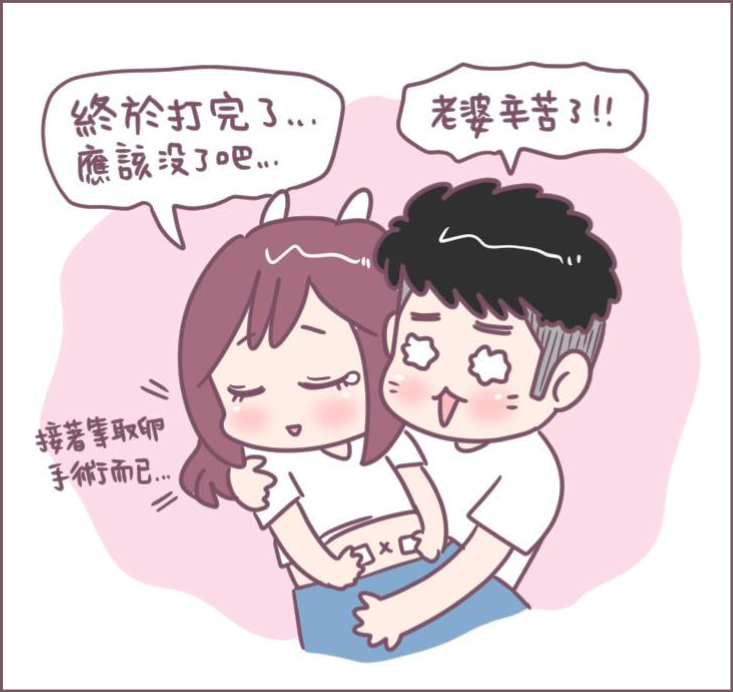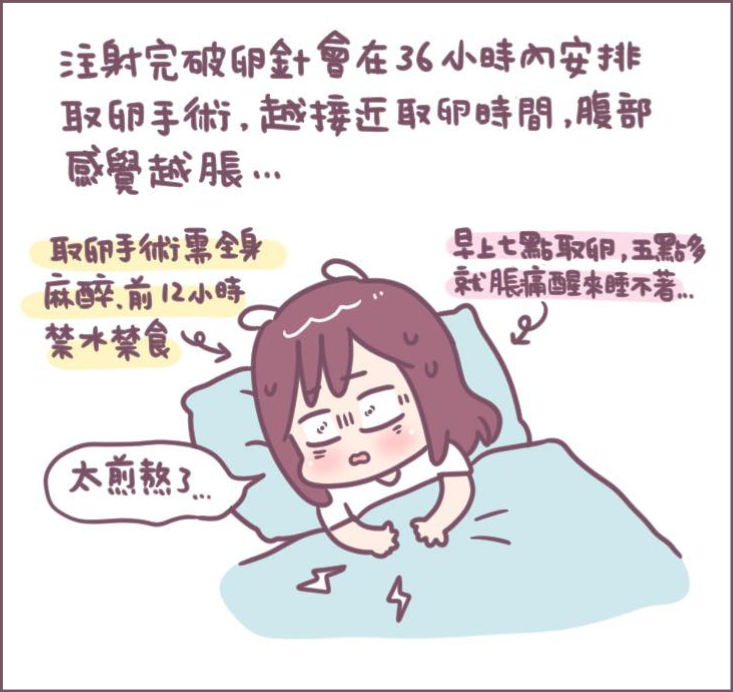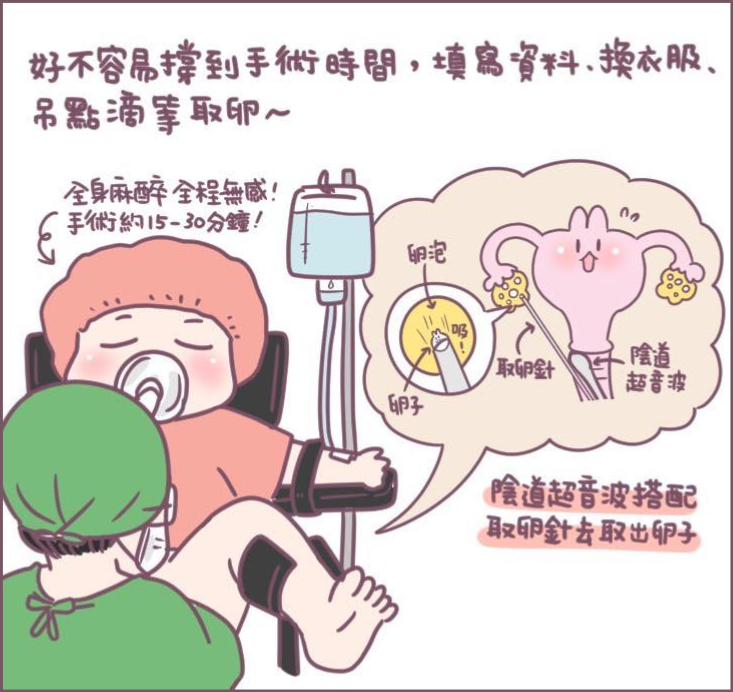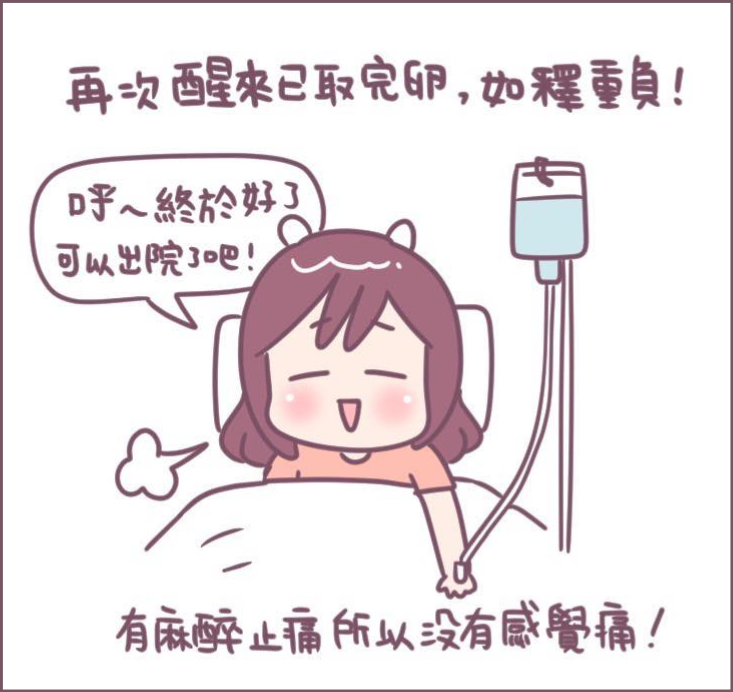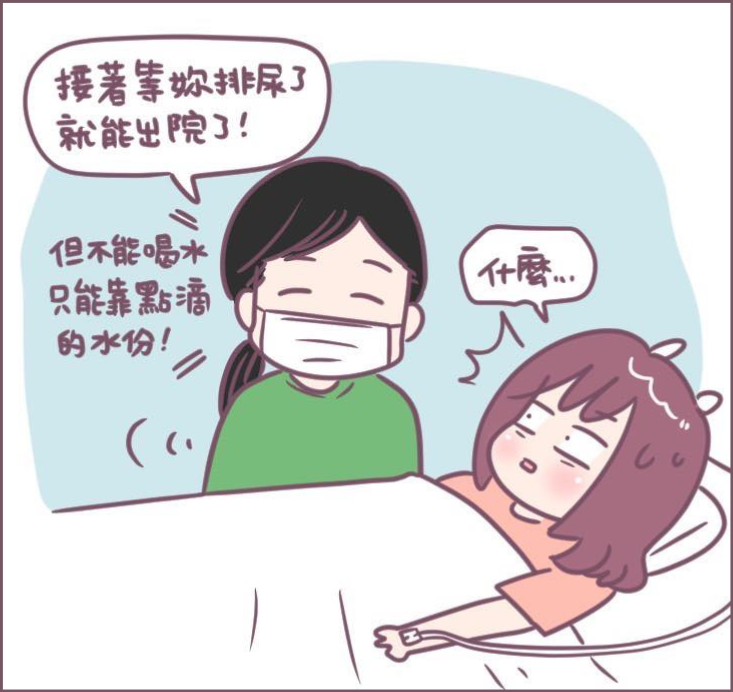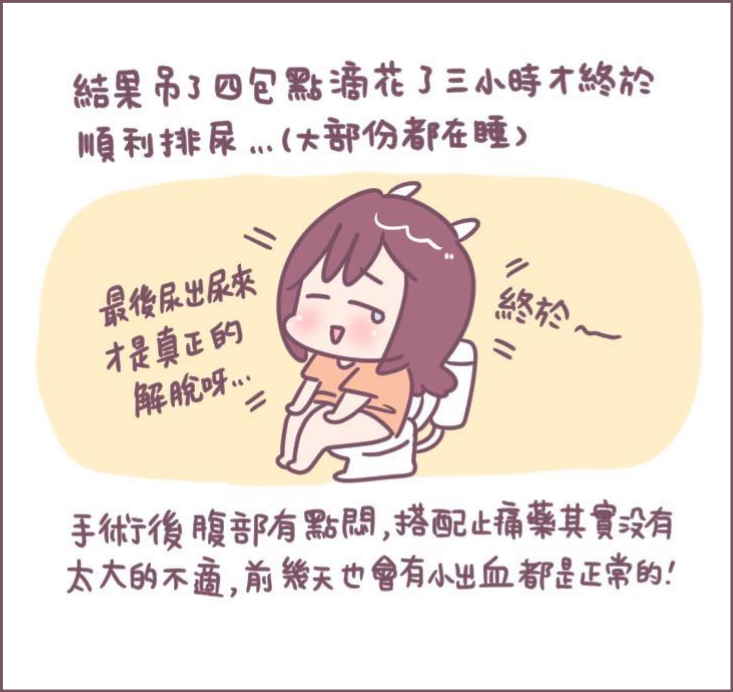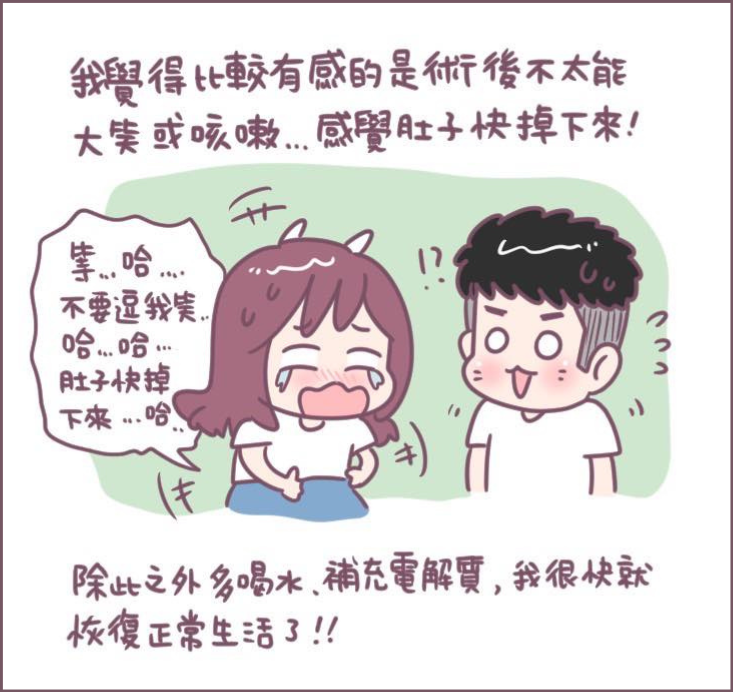Knowledge Sharing
5 Essential Diet Tips After Egg Retrieval: What to Eat for a Quick Recovery!
Women undergoing IVF treatment, egg freezing, or egg donation will inevitably go through the egg retrieval procedure. After the surgery, some mild discomfort may occur, such as bloating, bleeding, or abdominal pain. These symptoms can actually be alleviated through dietary adjustments and proper postoperative care.
So, what foods are beneficial after egg retrieval? How to deal with irregular menstruation post-surgery? When is it safe to resume exercise?
We have compiled five essential post-egg retrieval care tips and precautions for your reference.
How to Take Care After Egg Retrieval? Here's What You Need to Know
- What Are the Possible Discomfort Symptoms After Egg Retrieval?
- Dietary Recommendations After Egg Retrieval
- How long does it take for menstruation to return after egg retrieval? Is it normal if it differs from usual?
- How long after egg retrieval can you resume exercise and sexual activity?
- What Are the Precautions After Egg Retrieval?
- Egg Retrieval Procedure Experience
What Are the Possible Discomfort Symptoms After Egg Retrieval?
During the 1-2 weeks following egg retrieval, some women may experience discomfort due to the stimulation caused by medication. Here are some common symptoms and their explanations:
1. How Long Does Bloating Last After Egg Retrieval?
Bloating after egg retrieval usually persists until the next menstrual period, after which it gradually subsides. However, if bloating causes difficulty in urination or breathing, it is essential to seek medical attention promptly.
2. Why Does Ascites Occur After Egg Retrieval?
Patients with OHSS may also experience other symptoms such as bloating, noticeable abdominal swelling, and decreased urination.
If you experience any severe symptoms or unusual discomfort, consult your healthcare provider immediately for proper evaluation and care.
3. Nausea and Dizziness After Egg Retrieval
Mild nausea and dizziness are common after the procedure and are generally considered normal. However, if the symptoms are severe enough to cause difficulty standing or walking, it is crucial to return to the clinic for immediate evaluation and treatment.
4. Light Bleeding or Abdominal Pain After Egg Retrieval
Mild abdominal pain and light vaginal bleeding are also normal after egg retrieval. However, if the pain becomes intense or the bleeding is as heavy as the second day of menstruation, or if there are blood clots, you should return to the clinic immediately for further assessment.
The egg retrieval procedure typically takes around 20 minutes. With proper postoperative care, most discomforts usually subside within a week and should improve by the next menstrual cycle. If symptoms do not gradually decrease or worsen, it is essential to seek medical help promptly.
Can You Go to Work After Egg Retrieval?
There are no obvious wounds after the egg retrieval procedure, but individual responses can vary. Some common symptoms after the surgery may include light bleeding or mild abdominal pain.
Whether you can return to work immediately after the procedure depends on your current physical condition and the physical demands of your job. If your recovery is going well, taking one or two days off to rest is usually sufficient before resuming normal work activities.
However, it is generally recommended to take adequate rest after egg retrieval to help the ovaries recover properly. Listen to your body and avoid strenuous activities during the initial recovery period.
Dietary Recommendations After Egg Retrieval
Post-egg retrieval care is very important. Providing detailed guidance on post-retrieval diet and care tips can not only aid in recovery but also reduce discomfort:
1.Drink Plenty of Water or Electrolyte Beverages
Drink at least 2000cc to 2500cc of water per day. You can dilute sports drinks to help with metabolism and reduce swelling. If symptoms of ovarian hyperstimulation appear, it is essential to return to the clinic for an evaluation by the attending physician.
2.Consume High-Protein Foods
After egg retrieval, it is recommended to consume high-protein foods such as salmon, bass, meat, soy products, and dairy. Pair these with small portions of fresh vegetables and boiled eggs to increase blood protein levels, which can help alleviate discomfort.
3.Supplement with Vitamins
Take vitamins such as Vitamin C, Vitamin E, and folic acid to help women quickly restore ovarian function after egg retrieval surgery.
4.Avoid High-Sodium Foods
Severe ascites can lead to reduced urine output, so it is important to follow a low-salt, low-sodium diet. Be cautious with condiments that are high in sodium, such as soy sauce, chili sauce, and ketchup.
5. Limit Soaking Baths or Hot Springs
To reduce the risk of infection, it is advisable to avoid soaking baths or hot springs as part of post-egg retrieval care.
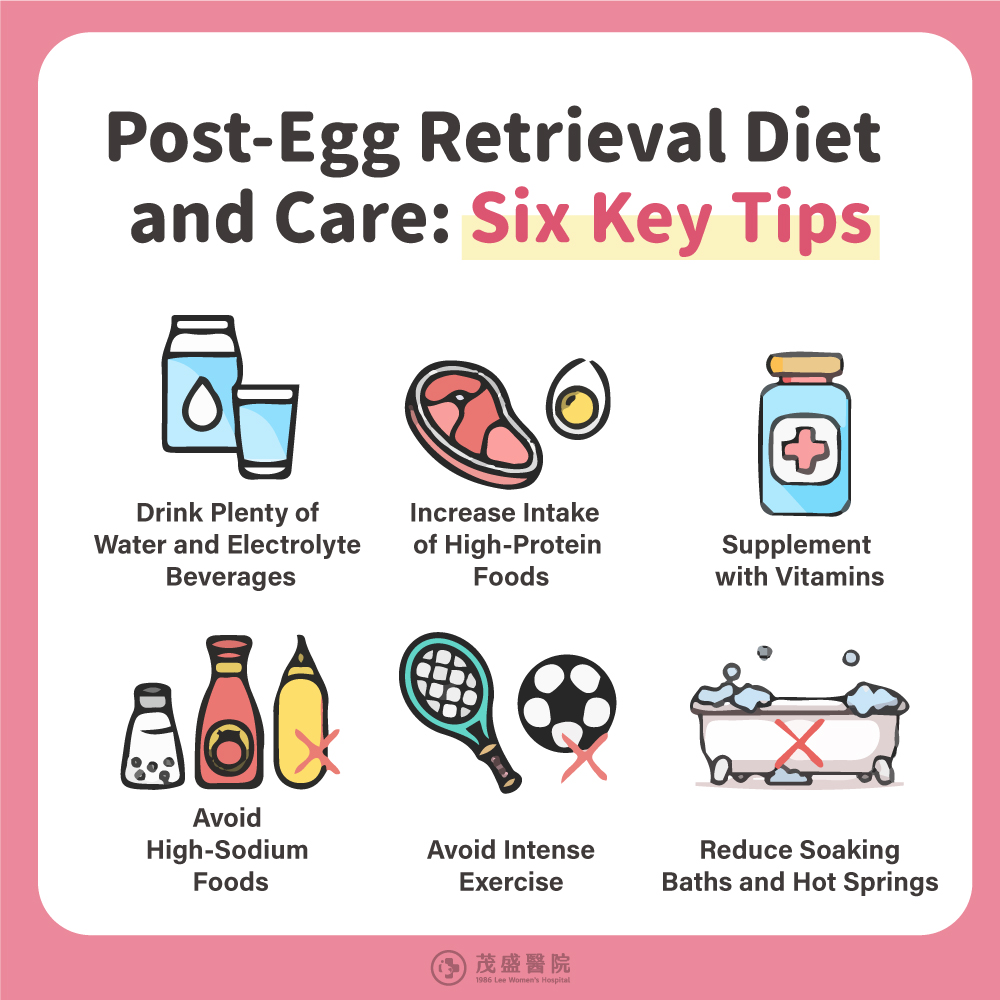
What foods should be avoided after egg retrieval?
After egg retrieval, the ovaries need adequate rest to minimize excessive stimulation. Therefore, it is recommended to avoid consuming Chinese herbal medicine, sesame oil, alcohol, spicy foods, and other blood-activating foods. Additionally, it is important to avoid eating barley and other cold-natured foods.
So, what should you eat after egg retrieval? It is advisable to consume high-protein foods and supplement with vitamins.
How long does it take for menstruation to return after egg retrieval? Is it normal if it differs from usual?
After egg retrieval, when will menstruation start? Due to the effect of ovulation-inducing drugs, the ovarian stimulation may cause the uterine lining to shed earlier, leading to an earlier period. Unless the patient has received additional progesterone supplementation during the treatment, menstruation typically occurs around 8 to 10 days after the egg retrieval procedure. The menstrual cycle generally returns to normal after the second period following the procedure.
People who originally have regular menstrual cycles may start to worry about changes in their menstrual pattern after egg retrieval. Common concerns include:
1. What if menstruation comes earlier after egg retrieval?
It is common for menstruation to occur about a week earlier than usual after egg retrieval. This is a normal phenomenon, and subsequent menstrual cycles will return to their regular pattern, so there is no need to worry excessively.
2. What if menstruation does not come or becomes lighter after egg retrieval?
Some individuals may experience a delay or decrease in menstrual flow due to psychological factors or increased sensitivity to hormones. Both the body and mind need time to adjust. It is recommended to observe the situation for 1-2 months. If menstruation still does not occur, it is advisable to return to the clinic for a check-up with the attending physician.
3. What if menstruation becomes heavier after egg retrieval?
If the menstrual bleeding ends within 7 days, there is no need to worry. However, if the bleeding continues for more than 7 days or symptoms such as dizziness occur, it is recommended to return to the clinic for evaluation.
4. Why does menstrual pain occur after egg retrieval?
Menstrual pain after egg retrieval varies from person to person. Due to hormonal stimulation, the menstrual blood volume after egg retrieval may be heavier than usual.
How long after egg retrieval can you resume exercise and sexual activity?
It is recommended to avoid strenuous exercise, heavy lifting, or sexual activity until the first menstrual period after egg retrieval has ended. This precaution helps prevent ovarian torsion or luteal rupture with bleeding. Instead, opt for gentle activities such as walking for 20 to 30 minutes as a safer form of exercise.
What Are the Precautions After Egg Retrieval?
Apart from dietary and recovery care, there are other important precautions to take after egg retrieval.
Egg retrieval is performed using transvaginal ultrasound guidance, and anesthesia is administered during the procedure. As a result, it is common to experience mild fatigue and discomfort afterward. However, if any of the following post-operative complications occur, immediate medical attention is recommended:
1. Ovarian Hyperstimulation Syndrome (OHSS)
If you experience acute abdominal pain, nausea, vomiting, loss of appetite, reduced urine output, or rapid breathing, it could indicate OHSS. This condition is more common in young, slender women, patients with polycystic ovary syndrome (PCOS), or those who had more than 15 eggs retrieved at once. The incidence rate of OHSS is approximately 3.1% to 8%. If severe symptoms are absent, there is no need for excessive worry.
2. Severe Intra-Abdominal Bleeding
If you experience severe abdominal pain, bloating, rapid heartbeat (palpitations), fever, low blood pressure, or heavy bleeding, it may indicate intra-abdominal bleeding. Immediate medical consultation is essential. The incidence of intra-abdominal bleeding after egg retrieval is less than 1%. Therefore, if you notice any of the above symptoms, seek medical attention promptly.


